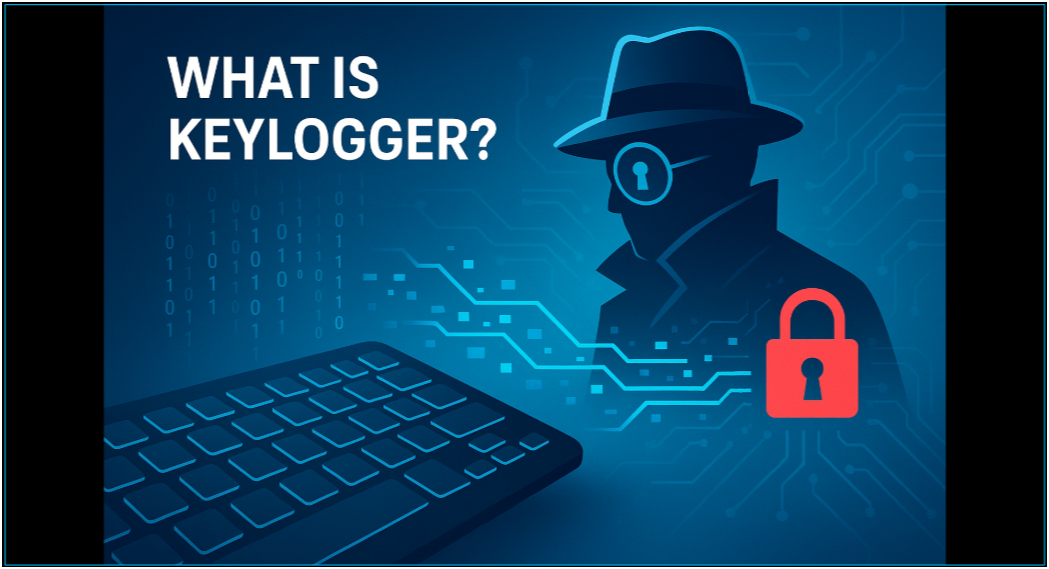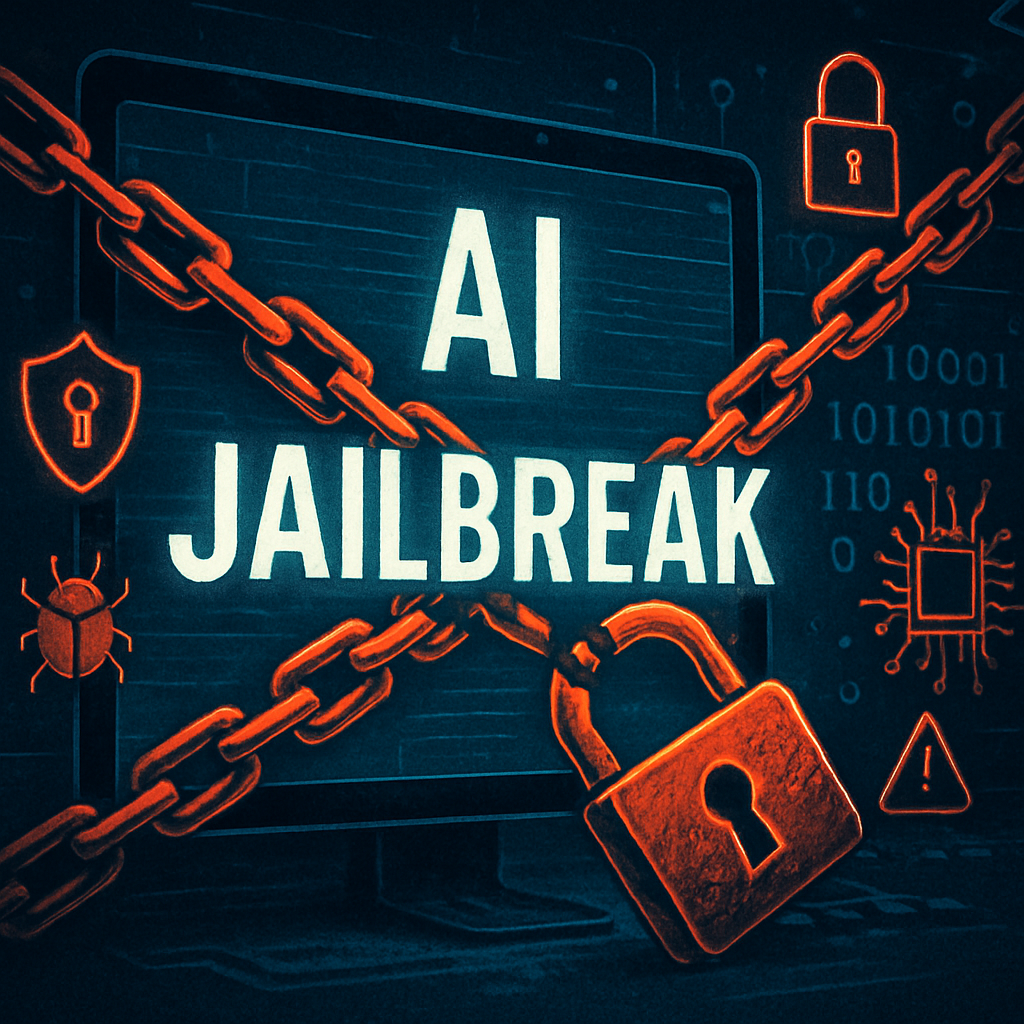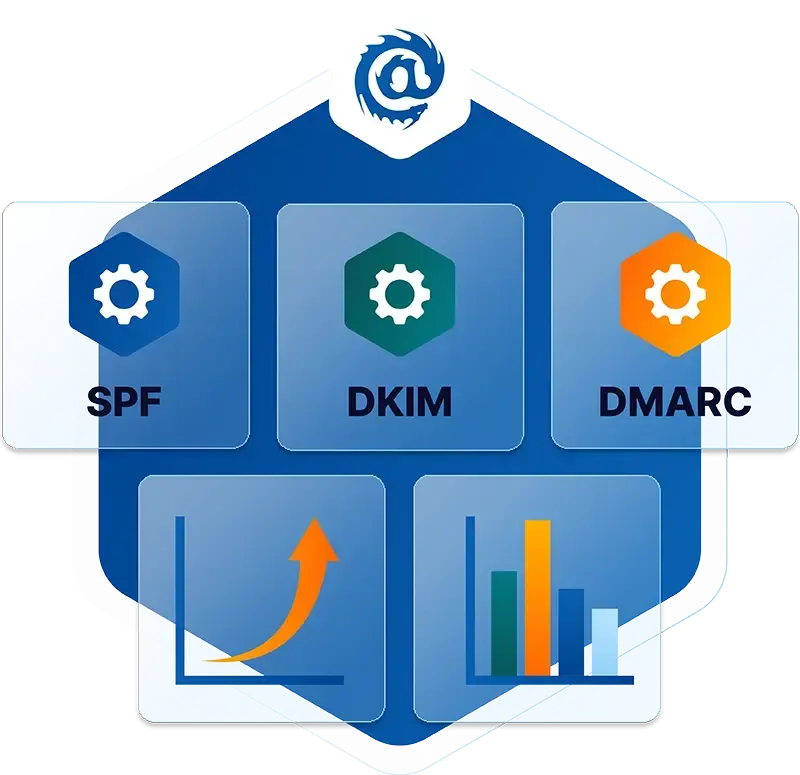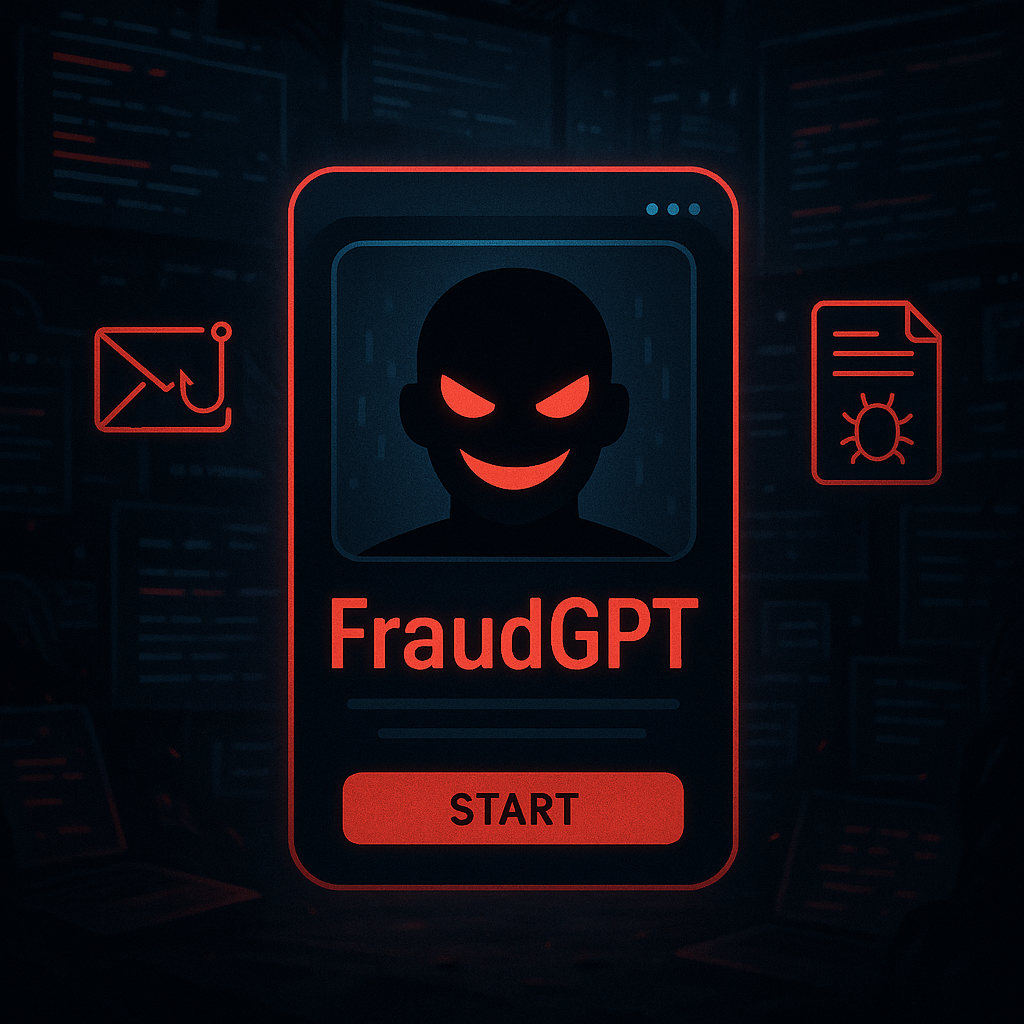Table of Contents
DMARC Explained
DMARC (Domain-based Message Authentication, Reporting, and Conformance) is an email authentication protocol that uses specifically formatted messages to verify the authenticity of the sender’s domain. DMARC helps protect a company from unauthorized use of its domain name by malicious actors sending fraudulent emails, known as spoofing or phishing.
DMARC also allows legitimate senders to determine whether their emails are reaching the intended recipients. DMARC is an important part of a comprehensive email security strategy, along with SPF and DKIM, which also help verify the authenticity of senders.
How does DMARC work?
DMARC works by evaluating messages that are sent from a particular domain and comparing them to the record published in the DNS by the owner. If the message matches up with the authentication policy, it will be delivered; if it does not, DMARC will reject or quarantine it. DMARC allows legitimate senders to monitor their emails and determine whether they are reaching their intended recipients. DMARC also includes a feedback mechanism that allows legitimate senders to know how their messages are being handled by the DMARC-compliant email services.
By implementing DMARC, organizations can not only protect themselves against phishing and other malicious activities, but they can also maintain trust with their customers and partners by ensuring that their emails are safe to read. DMARC helps organizations reduce email fraud, spoofing, and other malicious activities. The authentication protocol will help protect your business from email-borne threats and help you maintain a secure reputation with your customers and partners. DMARC is an important part of protecting yourself from email security threats.
The Challenges with DMARC
DMARC can be bypassed by malicious actors using methods such as domain name aliasing and email spoofing. DMARC also does not always provide full protection against phishing or other forms of fraudulent emails. DMARC relies on DKIM and SPF, so if these protocols are not properly implemented DMARC will not be effective in defending against threats.
Here are eight specific challenges admins might face when implementing and managing DMARC:
- Complexity of Email Infrastructure: with multiple systems sending emails, identifying and configuring them all to work with DMARC can be daunting.
- Understanding of Email Authentication Protocols: a deep understanding of SPF, DKIM, and DMARC is required to avoid misconfigurations that could lead to legitimate emails being blocked.
- Risk of Disruption: moving too quickly to a 'reject' policy can lead to legitimate emails being blocked, disrupting business operations.
- Ongoing Maintenance: DMARC requires continuous monitoring and adjustment, demanding ongoing attention from admins.
- Alignment Challenges: ensuring that SPF and DKIM are aligned with the 'From' domain can be tricky, especially with third-party email services.
- Vendor and Third-party Coordination: coordinating with various third-party services to ensure they comply with your DMARC policy adds complexity.
- Technical Expertise: Admins need a significant level of technical expertise to understand and implement DMARC effectively.
- Interpreting Reports: Understanding DMARC's XML-based reports can be challenging without the right tools or expertise.
Overall DMARC is an important tool for keeping your business secure, but it is important to understand its limitations and potential shortcomings before implementing DMARC. DMARC is best used as part of a comprehensive email security strategy that includes additional measures such as encryption, two-factor authentication, and API-based advanced phishing protection. By combining these strategies, businesses can better protect themselves from sophisticated phishing attacks and other forms of email fraud.
Move Beyond DMARC with IRONSCALES
How does IRONSCALES improve email security? DMARC is a great first step in email security, but it’s not the only step businesses need to take. IRONSCALES provides an API-based advanced phishing protection solution that combines DMARC with other technologies artificial intelligence, machine learning, and crowdsourced threat intelligence to instantly identify advanced email threats like spoofing, impersonation, Business Email Compromise (BEC), and more. With the IRONSCALES anti-phishing platform, businesses can have complete confidence in the security of their email systems. DMARC is an important part of any email security strategy - but with IRONSCALES, you can ensure your organization is taking the necessary steps to stay ahead of potential threats.
Check out the complete IRONSCALES email security solution here.
Explore More Articles
Say goodbye to Phishing, BEC, and QR code attacks. Our Adaptive AI automatically learns and evolves to keep your employees safe from email attacks.

/Concentrix%20Case%20Study.webp?width=568&height=326&name=Concentrix%20Case%20Study.webp)












